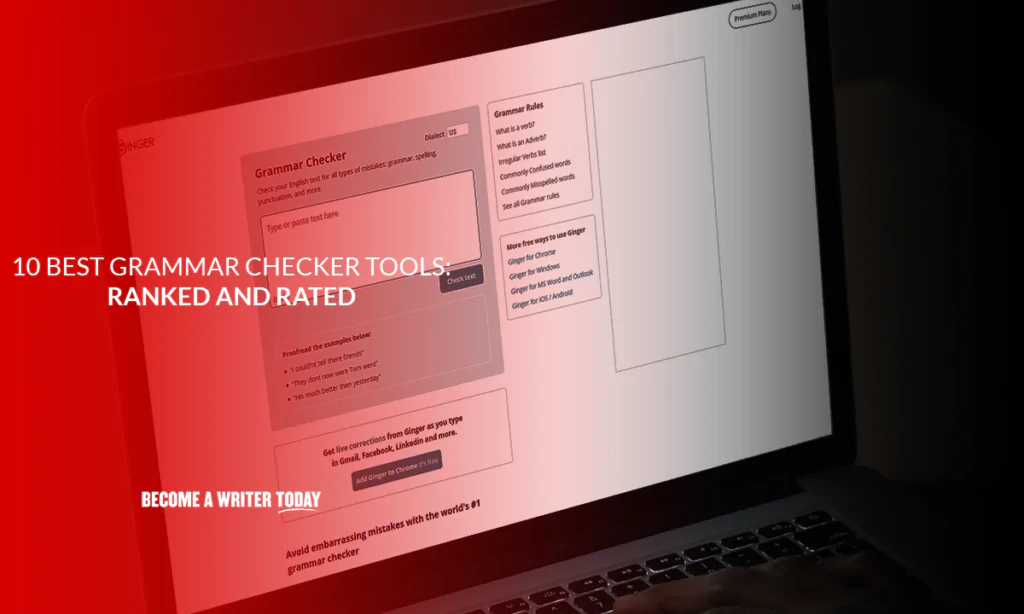Want to Write Online?
As Seen On

Writing Software Reviews
We try and test the best writing software and apps. Read some of our popular reviews.
Writing Resources
Watch, listen and learn from podcasts, videos and courses about the craft of writing from Become a Writer Today.
YouTube
Watch our videos packed full of writing advice, software reviews, tips, interviews, and book-round-ups on our channel. ⏯️
Courses
Get help with writer’s block, self-publishing, and earning more money as a writer in these popular courses. ✍️
Podcast
Listen to interviews with New York Times best-selling authors and other top writers. Get practical advice that works. 🎧
Writing Blog and News
Our team of expert writers publishes practical advice about the craft of writing.
Learn What is a Synopsis to Help Sell Your Book or Movie
Before you can publish a book or sign a contract, you’ll need a synopsis that…
The Ultimate Guide to Building Niche Websites: Step-by-Step
Building niche websites pays off handsomely if you’re patient, knowledgeable about the topic and care…
List of Words Without Vowels: 100 Words to Enhance Your Writing
Check out our list of words without vowels in English. Knowing them well can help…
110 Thinking Quotes to Transform Your Mind
We give you over 100 quotes about thinking that can help you unlock positive and…
Is Dr. Seuss Poetry? Here’s What We Think
Dr. Seuss is one of the most popular authors, but is Dr. Seuss poetry? Learn…
20 Top Time Management Books For Busy Readers
Discover the top time management books to help you accomplish more by doing less. If…

Writing Advice That Works
Our team has written thousands of articles covering all types of writing, book genres, niches, tools, famous authors, and the written word. You can start your writing journey today.

Need Writing Software?
We regularly review and profile the best writing tools, apps, grammar checkers, and AI writing software, so you can find one that works best.

Great Books
Our team of writers has read and reviewed the best books and authors across various genres. Never run out of items for your reading list.








